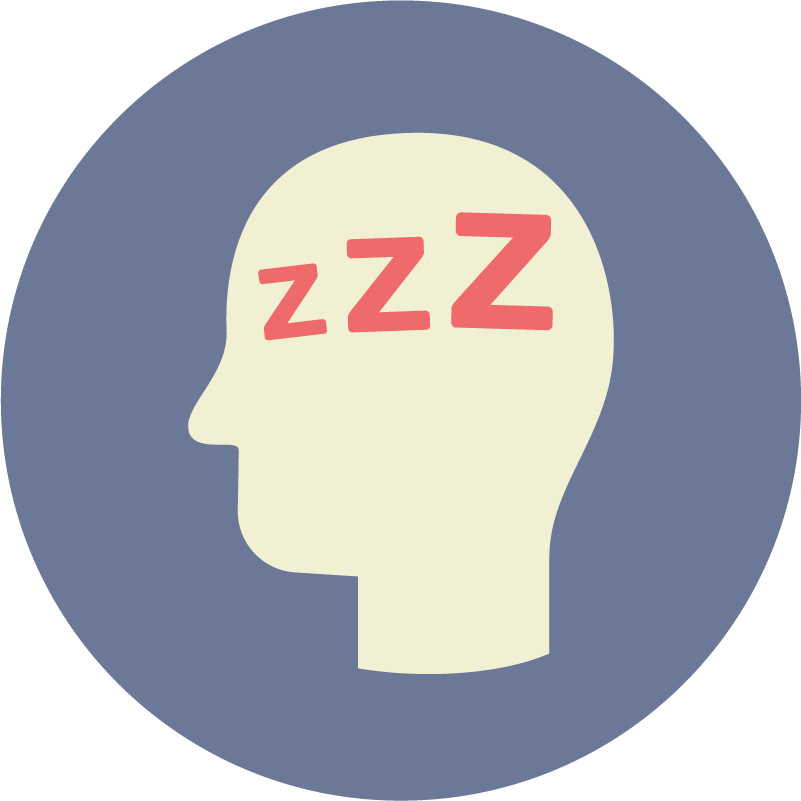Menopause is an inevitable rite of passage that can deeply impact our lives. Every woman goes through it, either in their body’s own time or after surgical removal of the ovaries. We may have our mothers’ or friends’ experiences to fuel our expectations, or we may be caught off-guard, not knowing what to expect.
Though menopause is normal, its onset can still leave us feeling unsettled and affect our overall quality of life. This is also the time when many serious and even deadly disorders like heart disease, metabolic disorders, and osteoporosis begin to accelerate. For these reasons, access to specialized health care is essential to help us weather this stage more comfortably and safeguard our future health. Telehealth for menopause has opened up exciting new opportunities to meet women where they are and offer quality care from virtually anywhere.
Understanding the Menopause Transition
Typically occurring in your 40s or 50s, menopause is defined as the time when menstruation has ceased for a period of at least twelve months. Numerous symptoms are possible, and for most women, these begin several years earlier, during the period known as perimenopause.
There is a great deal of variability in symptoms and age of onset, and for this reason, there is no typical presentation. Other than menstrual irregularities, some of the most common signs include:
 | Hot Flashes and Night SweatsHot flashes are sudden feelings of heat across the face, neck, and torso that may cause redness and perspiration. Some women have only a few, while they are frequent occurrences for others. Hot flashes and night sweats may begin during perimenopause and can last for years. |
 | Vaginal Dryness and Tissue AtrophyLack of lubrication and discomfort during intercourse may be a sign of changes in the vaginal tissue that occur due to declining estrogen and progesterone. |
 | Low Energy and FatigueSymptoms related to a lack of energy and fatigue are non-specific and may be hard to separate from other causes, but can be exacerbated by waning hormone levels. |
 | Mood ChangesFluctuating or declining hormones can cause irritability, feelings of depression, or mood swings. This can both exacerbate existing mental health concerns and introduce new ones, making it more difficult to cope with day-to-day responsibilities. |
The ease of these innovative solutions allows you to be proactive about your hormone health without leaving the safety and privacy of your own home. Convenient telehealth follow-up appointments allow your practitioner to monitor progress toward your goals and fine-tune your treatment plan.
Relief May Be at Your Fingertips
If low or unpredictable energy levels are holding you back, now is the time to find a real solution. The cause may be complex, but with remote access to hormone health specialists and detailed diagnostic testing available right at home, it is possible to quickly determine if hormones are responsible for your waning energy. Through customized treatments delivered directly to your home and ongoing support from your practitioner, you can work toward getting back on track as soon as possible.
In addition to these, you may also experience sleep disturbances, anxiety, skin and hair changes, and unwanted weight gain.
Though observable symptoms may announce the menopause transition, there are other, more insidious hormone-related changes occurring below the surface. They involve some of our vital organ systems, and may be responsible for increased morbidity and mortality in older women. Examples include loss of bone density, abdominal fat deposition, and decreased insulin sensitivity which may lead to heart disease, type 2 diabetes, and osteoporosis.
Telehealth for Menopause Makes Getting Help Easier Than Ever
Menopause and perimenopause, while hard to pinpoint, typically happen at a busy time in a woman’s life. For many of us, it occurs when we are at the height of our careers and family responsibilities. Some of us are taking care of both our children and aging parents. In what may be the busiest time in our lives, we are also often adjusting to unpredictable and uncomfortable physical and emotional symptoms. Is it any wonder that many women put off seeking treatment or deal with symptoms as just another fact of life?
But what if easy access to expert diagnostics and treatment was as close as your nearest smart device? With a few clicks or a quick phone call to schedule a telehealth appointment and comprehensive hormone testing that’s done right in your home, you can fight back against uncomfortable menopause symptoms and help ease your way into this midlife transition.
Finding a practitioner who specializes in hormone health and aging and has experience treating patients via telehealth is not as difficult as it once was. Today, it is possible to see a specialist via your smartphone, tablet or computer, submit laboratory specimens, receive customized bioidentical hormone replacement therapy, and schedule follow-up visits to monitor treatment without ever leaving your home.
At this hectic time of life, it can be difficult to prioritize your needs. But there is no reason to suffer uncomfortable symptoms or allow hormone-related changes to compromise your health. Telehealth for menopause makes treatment more accessible than ever before to help you take care of yourself.
If you are curious about telehealth for menopause, BodyLogicMD can help. The practitioners in the BodyLogicMD network have the training and expertise necessary to understand your symptoms and offer real solutions—when and where you need them. With telehealth and at-home hormone testing, a BodyLogicMD-affiliated practitioner can assess your needs and can create a personalized BalancePro plan to help you achieve your health goals. Set up your telehealth consultation, or take the BodyLogicMD Hormone Balance Quiz to learn more about how hormones may be affecting your everyday life.
Disclaimer: These statements have not been evaluated by the Food and Drug Administration. All content on this website is for informational purposes only. The content is not intended to diagnose, treat, cure or prevent diseases.
